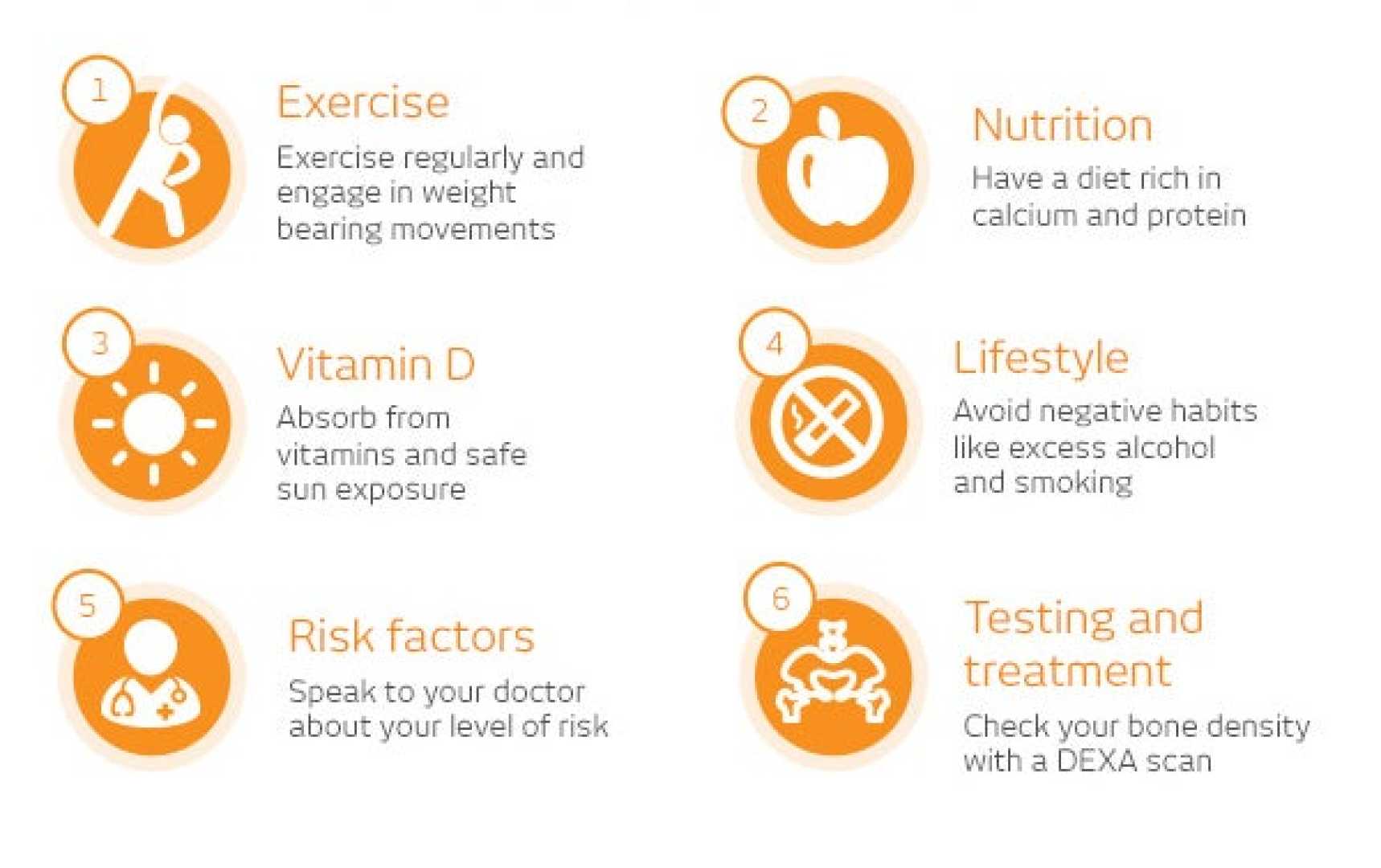Health
Osteoporosis Risk Rises Among Younger Adults Using Weight Loss Drugs

Los Angeles, CA — Osteoporosis, often seen as an older person’s issue, is increasingly affecting younger adults, particularly women using weight loss medications. According to Dr. Pooja Gidwani, a concierge physician in Los Angeles, lifestyle habits and drug use are significant contributors to this trend.
Gidwani expresses concern about the use of GLP-1 drugs, like Ozempic, which not only lead to rapid weight loss but can also contribute to bone density loss. She recommends women in their early to mid-30s consider getting a baseline dual-energy X-ray absorptiometry (DEXA) scan to assess future health risks.
“It’s a favorite in research, clinical medicine, and elite athletic programs for this reason,” Gidwani told The Post. A DEXA scan uses low radiation to measure bone mineral density and body composition, allowing better prediction of health outcomes.
The scan itself is painless and takes less than half an hour. Unlike traditional X-rays, DEXA scans provide more accurate data on bone density and can detect conditions like osteoporosis and osteopenia long before they impact health.
“The scan is designed to catch bone loss well before it becomes visible or leads to fractures,” Gidwani said. However, she noted that it is not recommended for pregnant women, and individuals on calcium supplements may need to pause their intake before testing.
Bone mass generally peaks around age 30 but can decline due to various factors, including hormonal changes and lifestyle choices. Gidwani highlights that hormonal shifts, particularly in estrogen levels, can accelerate bone breakdown.
Women who have a family history of osteoporosis, poor nutrition, or engage in disordered eating are at higher risk for early bone density decline. Gidwani emphasizes the importance of proper nutrition and resistance training for those using GLP-1 medications to avoid unintended lean muscle and bone loss.
The cost of DEXA scans varies widely, ranging from $40 to over $300, depending on the facility and purpose. Insurance may cover scans for women over 65 and others at high risk.
“As awareness of early bone loss increases, we hope screening guidelines will adapt to include younger individuals,” Gidwani added. Prompt intervention can lead to effective treatment plans that may involve lifestyle changes or medications to preserve bone health.












